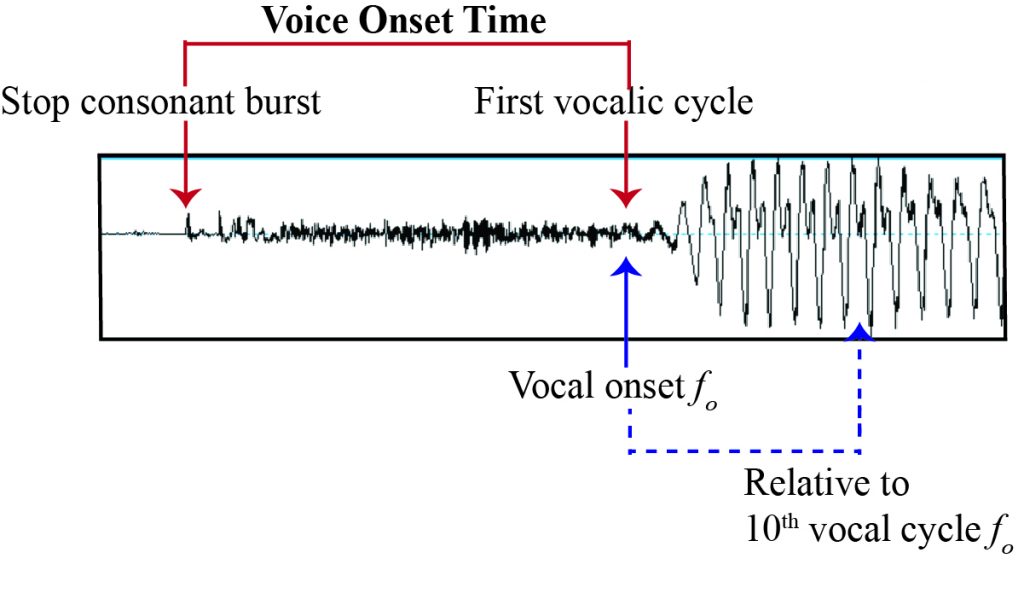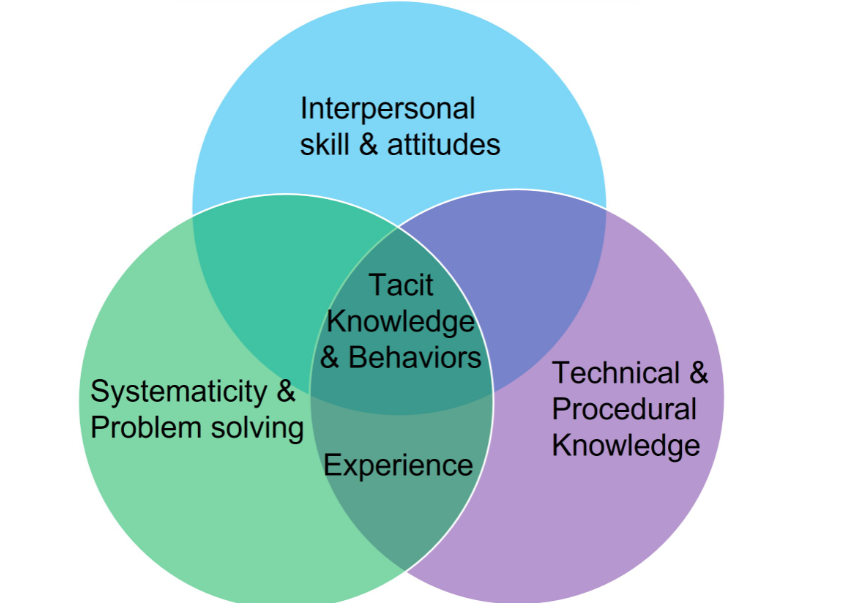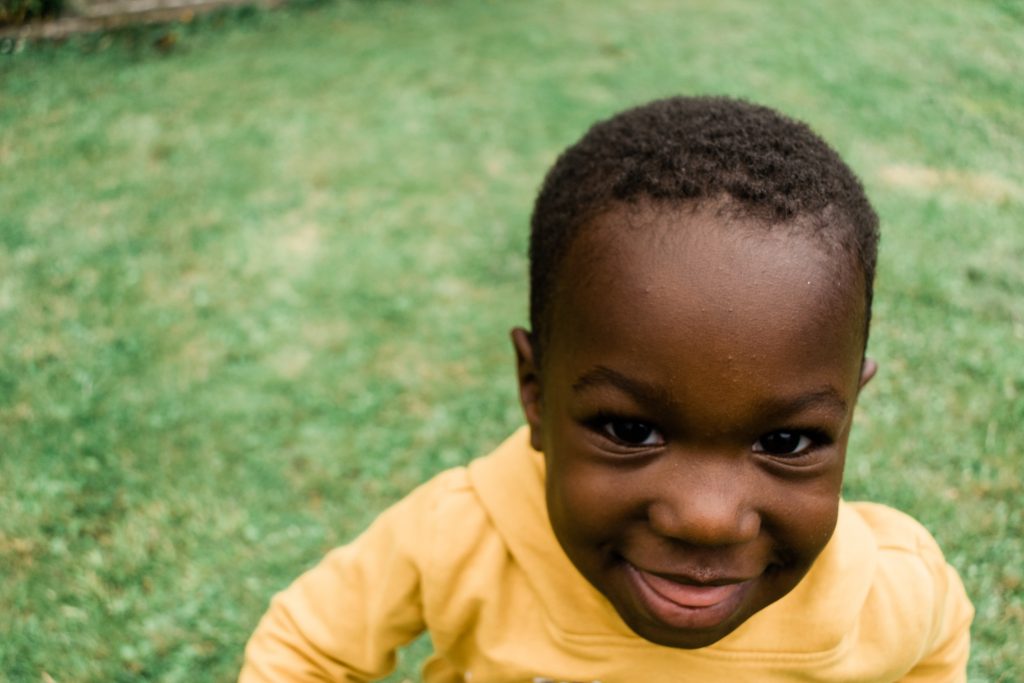Voice and Speech in Children with Voice Disorders (Funded by R21 DC021248)
Children with voice disorders show differences in both their voice and speech systems. The lab is examining these systems in children with and without voice disorders. Our work primarily focuses on the relationship between acoustic measures and auditory-perceptual measures. This work is supported by an NIDCD R21 awarded to Dr. Heller Murray Intelligibility and Dysphonia in Children with Vocal Fold Nodules

Read about our recent work here:
Understanding barriers and facilitators to providing expert clinical care in pediatric voice therapy (Funded by ASHFoundation New Century Scholars Grant)

This research is designed to reduce the significant gap in clinical competencies and confidence between expert SLPs who treat pediatric voice disorders in specialized voice clinics and SLPs who are less familiar with voice disorders (e.g., schools). The outcome of this work will directly address this health equity issue to allow advancements in pediatric voice therapy to benefit all children with voice disorders. Ongoing work includes the project “Investigating Barriers to Implementing Pediatric Voice Therapy in the Schools,” funded by the ASHFoundation New Century Scholars Grant awarded to Dr. Heller Murray.
A Mixed Methods Analysis of Pediatric Voice Therapy (Funded by R01 DC021407)

This research aims to create determine what Clinical Expertise is for SLPs who treat pediatric voice disorders. The ultimate goal of this work is to be able to share these findings with SLPs outside of specialized pediatric voice clinics, allowing expert care to be provided in the community. In top pediatric voice centers, our lab will use mixed methods analysis to examine pediatric voice therapy. By identifying key themes, this knowledge can be shared with SLPs who self-report a lack of knowledge and comfort when treating pediatric voice patients and improve equity and access to all children with voice disorders. This work is supported by an Early Career Stephen I. Katz R01 award from the National Institute on Deafness and Other Communication Disorders.
Vocal Development and Non-Nutritive Suck (Funded by R01 DC019902)
In collaboration with the Speech and Neurodevelopment Lab and the Speech Motor Impairment and Learning Lab the Vocal Development Lab is examining using infant non-nutritive suck as a diagnostic measure of future speech production. Dr. Heller Murray (Co-I) will examine vocal development in children from 3 months to 3 years in infants born preterm and full term.

Read about our recent work here:
Non-Nutritive Suck and Vocal Onset Time: Examination of Oromotor Coordination
Supported by Dr. Emily Zimmerman’s NIDCD grant (1R01DC019902)

You must be logged in to post a comment.